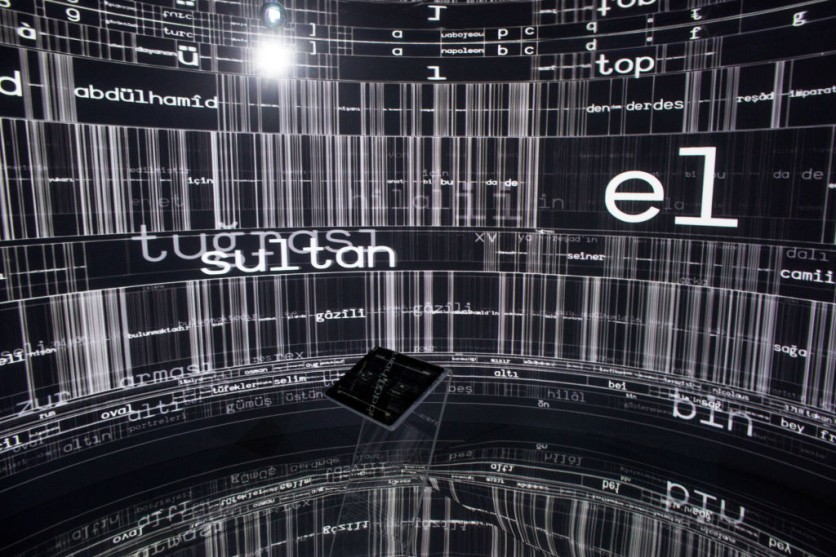The White House has launched a new contest called the "AI Security Challenge," which aims to leverage the capabilities of artificial intelligence (AI) to bolster government systems' defense against cyber threats.

White House Introduces the 'AI Security Challenge'
The White House has introduced the "AI Security Challenge," a fresh initiative aiming to harness AI's power in enhancing government systems' protection against cyber threats.
Interesting Engineering reported that this contest promises substantial rewards, offering teams the opportunity to earn up to $10 million by creating innovative AI solutions capable of identifying and thwarting malicious activities on federal networks.
As an essential component of the Biden administration's cybersecurity reinforcement, this contest was established following a series of notable cyberattacks aimed explicitly at government agencies, critical infrastructure, and private sector entities.
The White House emphasized that leveraging AI's capabilities can significantly bolster government systems' security. By automating tasks, scrutinizing data, and identifying irregularities, AI holds the potential to fortify the protective measures in place.
The "AI Security Challenge" welcomes participants from the United States and allied nations, including researchers, academics, industry specialists, and students. This contest spans a two-year duration, comprising three distinct phases.
The initial phase concentrates on creating AI models capable of identifying malicious activities within simulated federal networks. Moving to the second phase, these models will undergo rigorous testing using real-world data sourced from federal agencies.
Lastly, the third phase involves evaluating the models on operational federal networks to gauge their effectiveness, scalability, and resilience. The contest represents a proactive response to an evolving threat that experts are grappling to comprehend fully.
Recently, US companies have introduced various generative AI tools, like ChatGPT, empowering users to craft realistic videos, images, texts, and computer code. Correspondingly, Chinese companies have swiftly pursued similar innovations to bridge the gap.
These novel tools have the potential to significantly lower barriers, making activities like orchestrating large-scale hacking campaigns or generating fabricated profiles on social media platforms for the spread of disinformation and propaganda much more accessible.
Reuters reported that industry experts express concerns about the implications, highlighting the need to address and mitigate the risks posed by these emerging capabilities.
Also Read : Artificial Intelligence Revolutionizes Wildlife Monitoring for Biodiversity Preservation
Introducing DARPA
The initiative spans two years and boasts approximately $20 million in prizes, with the Defense Advanced Research Projects Agency (DARPA), responsible for national security technology development, leading the effort, as announced by the White House.
Prominent US technology players driving the AI revolution, such as Alphabet's Google, Anthropic, Microsoft, and OpenAI, will actively contribute to the challenge by providing access to their advanced systems, according to TechCrunch.
Anne Neuberger, U.S. government's deputy national security advisor for cyber and emerging technology, said the objective of the DARPA AI challenge is to foster a broader community of cyber defenders.
This community will utilize the AI models in the competition to enhance the speed of their response, leveraging generative AI to reinforce the country's cybersecurity measures.
Related Article : US Government Launches Cyber Contest to Harness AI for National Security

ⓒ 2025 TECHTIMES.com All rights reserved. Do not reproduce without permission.




